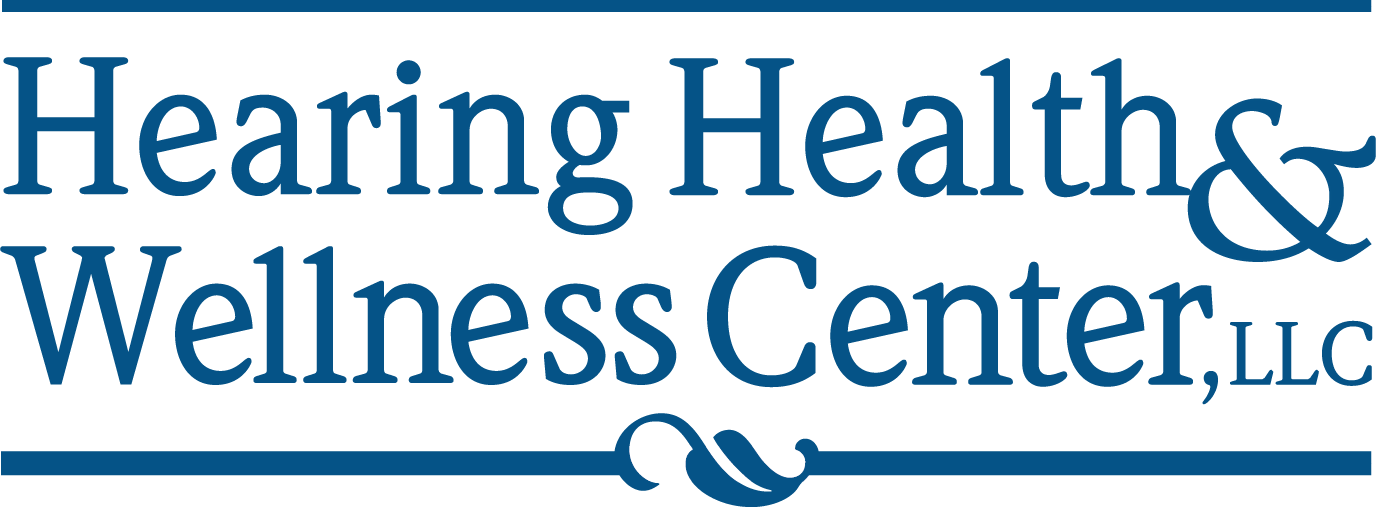Wax is produced by the ears to shield them from bacteria and infectionsEars are self-cleaning, and wax typically falls out on its own. However, excessive ear wax production can cause issues, impairing hearing and making it challenging for medical professionals to see inside the ear. Professional ear wax removal may be necessary in cases of impacted wax or overproduction of wax. Hearing Health & Wellness Center offers professional ear wax removal to patients.
How does a blockage occur?
A blockage is more likely to occur when ear wax that collects a lot of debris or stays in the ear canal for a long time becomes hard and dry. Hard ear wax can also be a side effect of conditions like eczema that lead to a lot of dry, flaky skin. Additionally, as people age, their glandular secretions change in consistency and become harder to pass through the ear canal.
How do you know if you have excessive ear wax?
Monitoring what’s going on inside your ears can be an arduous task because it’s impossible to see far enough into your ears to detect a blockage.
Below are some red flags that you need to take note of:
- Feeling of fullness or pressure in the ears
- Pain or discomfort
- Muffled or distorted hearing
- Ringing or buzzing in the ears
- Itchiness in the ears
- Ear discharge
- Dizziness
Should you worry about dark Ear wax?
Ear wax that is dark brown or black in color is often older, and the dirt and germs it has accumulated gives it its color. Ear wax is typically harder and darker in adults. An injury or bleeding in the ears could be indicated by reddish-tinged, dark brown ear wax. Ear wax that is light brown, yellow, or orange is considered normal and healthy.
What happens during professional Ear wax removal?
Ear wax removal is typically not required unless it becomes a hindrance to normal hearing. Avoid removing ear wax from your ears by inserting cotton swabs or sharp objects.
Ear wax removal is safe when done by medical professionals. Professional ear wax removal generally entails syringing or water flushing (irrigation).
Is Ear wax removal painful?
Ear wax removal is a painless procedure and doesn’t require any anesthetic or painkillers.
What are the treatment guidelines for impacted Ear wax removal?
Before removing ear wax, the ear will be thoroughly examined to make sure the obstruction is exclusively caused by wax buildup and not by other foreign objects. The aperture of the ear is examined with an otoscope. The otoscope is a tool that uses light and magnification to examine ears.
Can you remove your own ear wax?
For minor ear wax issues, there are several over-the-counter ear wax removal drops available. However, these are not very effective in treating major ear wax impactions. The best thing you can do is to see an audiologist for wax removal.
The Connection Between Impacted Ear wax and Hearing Loss
There are many elements that can lead to hearing loss. An audiologist will want to rule out excessive ear wax production and ear infections. Your hearing may significantly improve if you have your ears cleaned properly. As soon as you suspect you could have a hearing loss, it’s critical to get in touch with an audiologist right away.
Professional Ear wax Removal Services in Plantsville, CT
For people with hearing issues, including adults and children, Hearing Health & Wellness Center provides expert audiology services. Children and adults can receive a variety of preventative, diagnostic, and therapeutic hearing treatments at our facility, including expert ear wax removal services.
Contact us today to set an appointment!
